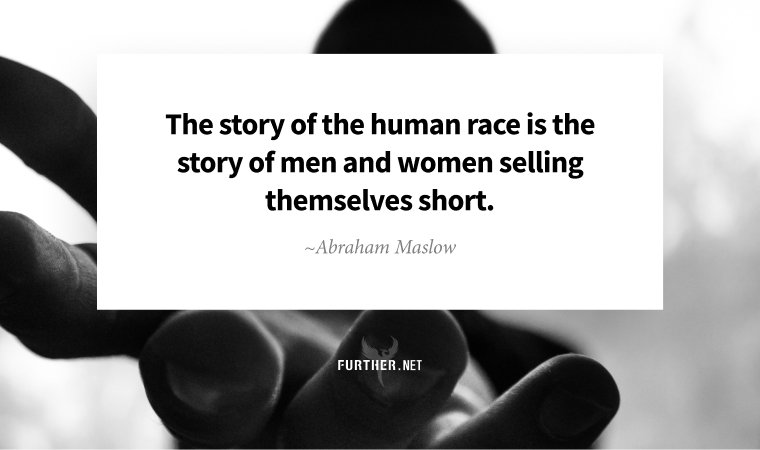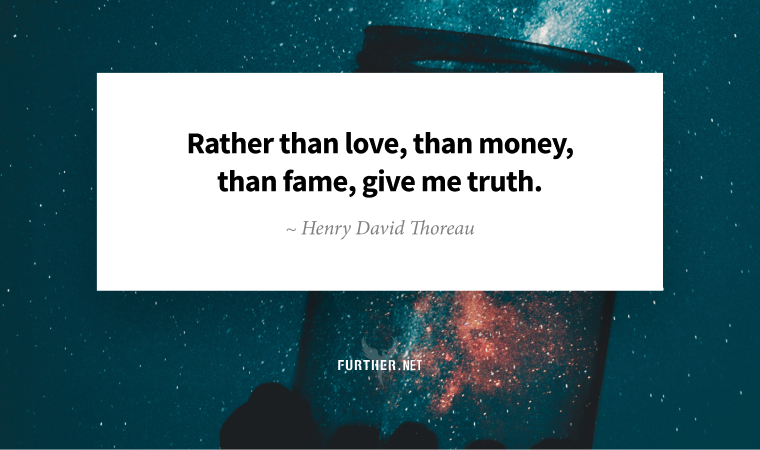The Story of Midlife Has Changed 
Historically, the term "midlife" has never meant the beginning of the second half. Instead, it's meant "you're about to die." Put another way, at the beginning of the Social Security system almost 90 years ago, the U.S. government knew that most workers wouldn't even make it to age 62, and therefore would never collect benefits at 65. Plus, the actuarial tables at the time said even if you did make it, you'd only collect for about 12 years, tops. This meant that your 50s were the beginning of the end. That's obviously no longer true for most of us. Now days, more people reach age 65 than ever before. And if you do make it that far, you're likely to keep going for 20 more years. That effectively pushes the outer edge of what we've historically called "midlife" to around 75. And this is without any of the medical advances we'll likely see in the next 20 years that will extend not only lifespan, but healthy life expectancy -- or healthspan. The point? It's time to tell ourselves a different story about aging than the one we've grown up with. Because it's just that -- a narrative that's now divorced from reality. As Joseph Coughlin, Director of the Massachusetts Institute of Technology AgeLab says, old age is made up: The meaning of "old" -- whether you're talking about the life stage, the "senior" population, or even your conception of self -- is what academics would call "socially constructed" and everyone else might call a mass delusion or a story that no one realizes is fictional. We already know that how old you feel determines how old you seem. And of course a lot of how you feel is tied to your general health and well-being. For example, a person who feels younger than their chronological age may be more likely to engage in behaviors like exercising and eating well, which helps them live a healthier and longer life. On the other hand, a person who feels older than their chronological age may be more likely to stick with unhealthy behaviors, which can increase their risk of chronic diseases and reduce their longevity. Most of us at midlife feel younger than our chronological age. Those who don't are likely in poor health, which is understandable. The point for both groups is that the facts of midlife have changed, and it's equally important that the story you tell yourself must change as well. Your mindset can make all the difference between playing strong in the second half or throwing in the towel early. Think of it this way: instead of aiming to feel younger than you are, what if you just realized your actual age is not old? And if you're not old, you know you need to take care of yourself to have an optimal experience of the gift of life. Same result, much healthier perspective. Keep going- Brian Clark P.S. New to Further? Join us here. Lean and Mean When someone says their goal is to lose weight and gain muscle, they're talking about body recomposition. This is when your goal is to change your physique by burning fat and gaining muscle at the same time. Lose Weight and Gain Lean Muscle at the Same Time With Body Recomposition (CNET) Salad Days Salad is usually a healthy food, but only if you add the right combination of ingredients and stay away from most store-bought bottled dressing. Are Salads Actually Good For You? (Washington Post) Nice Guys Finish Last? We can probably all agree that it is good to be kind, moral to be kind, nice to be kind, but does it lead to success in life? After all, isn't kindness about putting other people's interests first? Doesn't it require self-sacrifice? Does Kindness Get in the Way of Success? (BBC) Ritual de lo Habitual If you observe tennis star Rafael Nadal before a match, you might think he's incredibly superstitious or suffering from obsessive-compulsive disorder. Instead, Nadal's elaborate repertoire of rituals help him find order and calm to achieve peak performance. The Real Magic of Rituals (Nautilus) Extinguish the Fire of Gaslighting 
By Trudi Roth Enjoying all the year-end, data-driven insight into society's collective consciousness? I'm certainly a sucker for Spotify's annual "Wrapped" campaign and Pantone's color of the year. But the most fascinating this year is Merriam-Webster Dictionary's "Most Used Word": gaslighting. Considering we're living in an era of extreme uncertainty — the perfect playground for bad actors who crave power and control — it's no wonder the term rose 1740% over the previous year. Gaslighting is a psychological tool wielded not only as a weapon of mass manipulation but also in more intimate settings, like at work (i.e., an overbearing boss) or in personal relationships. It's a sanity-challenging situation that makes you question what's real. To extinguish this trauma-inducing dynamic, you must learn to recognize when it's all gas and no substance. What is Gaslighting? The short definition, according to Merriam-Webster is: The act or practice of grossly misleading someone especially for one's own advantage. While political and social examples from today's headlines likely spring to mind, gaslighting isn't new. The term comes from a Patrick Hamilton play turned into a 1944 movie called Gas Light, about a husband who uses a variety of tactics to make his wife think she's losing her mind — including dimming their Victorian home's gas lights while insisting they were on full-blast. Being told repeatedly over time that your thoughts and perception are wrong increases confusion and dependence on the perpetrator while eroding self-confidence and security. Gaslighting works because it undermines the brain's functioning. Synesthesia (the coupling of the senses), semiotics (communication through symbols and icons), and semantics, (the manipulation and use of words) all combine to foster perceptions translated and expressed through language — words and thoughts — into actions, behaviors, and embedded memories. By capturing attention, using repetition, psychovisualization, and compounded memory, the gaslighting effect can be achieved. It's not just the naive and vulnerable who can fall prey to gaslighting — even the brightest among us can find their experiences and prospects dimmed by this awful manipulation. Pass Gas to See the Light The antidote to being gaslit is simple and actually comes naturally to Gen Xers: healthy skepticism. Don't immediately assume you're wrong when your experience doesn't align with what you're being told. And look for the tells — common gaslighting phrases include: You are being paranoid. That never happened. You have an active imagination. It's really not about you; it's about what the other player gains. And you don't need the word of the year to tell you that gaslighting is widespread. The landslide of misinformation and proliferation of trolls, conspiracy theories, and deepfakes are evidence enough. If you want to stop the insanity, remember it's your right to speak the truth to power. And, as the song goes, don't believe the hype. The Media Psychology of Gaslighting and Social Change (Psychology Today) further: flashback  Bruce Springsteen - Dancing In the Dark
Born in the U.S.A., 1984 After recording 11 tracks, producer Jon Landau thought Born in the U.S.A. needed one more song as a lead single. Unhappy about it, the Boss went to his hotel room that night and wrote Dancing in the Dark, which became his biggest hit ever. The video then introduced us to a young Courteney Cox, a decade before the debut of Friends. (YouTube)
further: sharing  Share Further with Friends and Get Access to Well + Wealthy! Share Further with friends and earn access to our new membership community: Well + Wealthy with only three referrals. Simply give them your unique referral link or use one of the sharing icons below. You have referred 0 people so far. | Thank you for sharing Further! | 

Post a Comment
0Comments